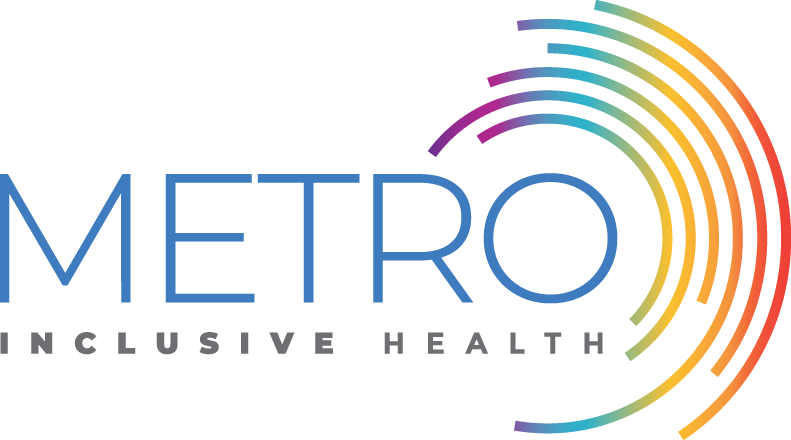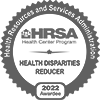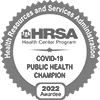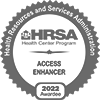ST. PETERSBURG, FL — A group of students at the University of South Florida St. Petersburg learned misconceptions about HIV/AIDS (Acquired Immunodeficiency Syndrome) held by many people, health advancement for HIV and safe sex practices on World AIDS Day.
Pablo Herrera, a sexual health specialist at Metro Inclusive Health, led the discussion at the university’s multicultural affairs office Wednesday. Samantha Gray, a graduate assistant and a member of the LGBTQ+ community, told Patch that she and another graduate student, Cadin Small, wanted to remove false ideas surrounding HIV/AIDS.
“We decided to take more of a misinformation look at this, and we didn’t feel like we were the experts on that,” Gray said. “Cadin knew Pablo from previous interactions so we called him, and he was super excited to come. We figured we’d let the expert talk.”
Gray feels like today’s younger generations do not have the level of HIV/AIDS awareness that older generations have.
“I was in a talk the other day at a Metro event, and somebody who works in the multicultural affairs office at St. Pete was talking about growing up in the ’80s, and how different it was from now—you were so aware of it. He watched friends die, and it was a lot scarier,” Gray said. “I feel like for us, it was different. We learned about it in seventh grade science class for two days here in Florida. And they were like, ‘Don’t touch people’s blood,’ and I never heard about it again.”
Gray learned more about HIV/AIDS when she came out in the queer community. She said she couldn’t talk about it with her straight friends because they didn’t believe it affected them.
HIV/AIDS can possibly affect anyone engaging in unprotected sex or oral sex with another person who has detectable HIV, AIDS or an STI, Herrera said at the event. It can also be contracted through shared needles to inject drugs or reused needles at a tattoo parlor.
…
